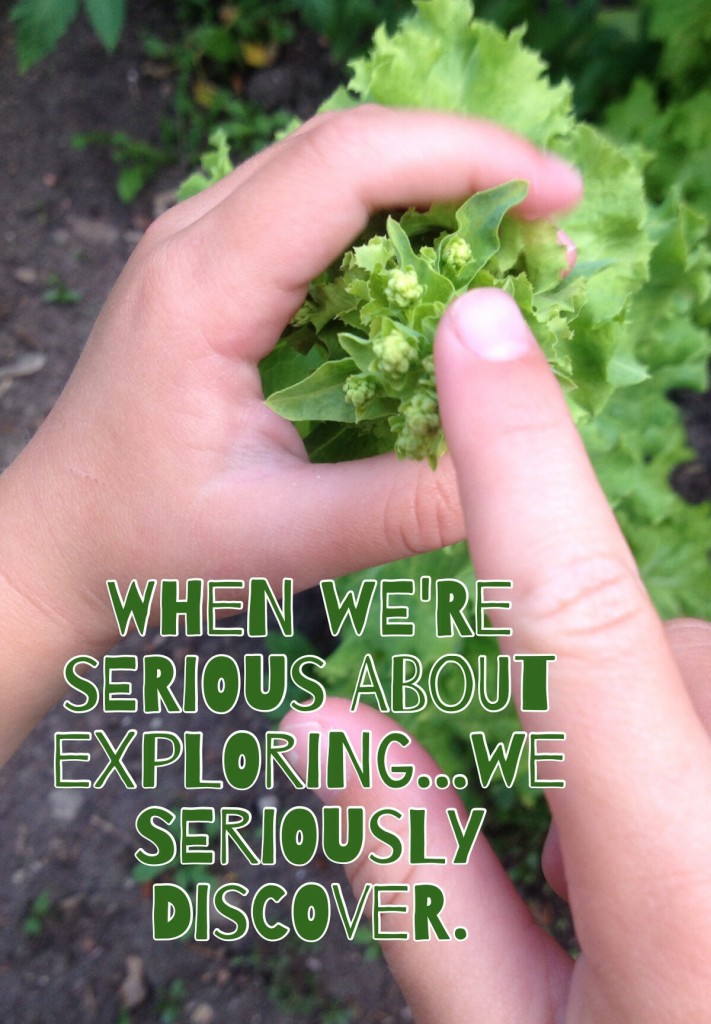Personal Reflection As The Basis For Professional Growth
Why do people say, “I’m my own worst critic?” I think what they mean is, “I’m my own best critic.”
The fact is we can be tough on ourselves. We can dig into ourselves in ways that others can’t. We can get into some nooks and crannies of our own growth needs and our own growth potential that others might not be able to find, recognize, or understand.
A really good critic has insights that would escape others unless highlighted. We each have those kinds of insights about ourselves.
We each know things about ourselves that no one else could possibly know unless we told them. Even if we did they might not understand.
It seems that sometimes we don’t know that we know what we know, but at the end of the day when we look in the mirror, there’s no doubt that we do know (at least I think we know).
If that made any sense to you, good…if not, stick with me, there is a point in here somewhere.
Is it reasonable to believe that each of us has a keener sense of ourselves than anyone else does? We do spend more time with ourselves than anyone else.
Also, even when we don’t do a very good job of listening to our cores, we’re the only ones capable of reading our own minds. After all, we’re the only ones with full access.
I often hear people talk about reflection as a primary player in effective learning and leadership. They say, “Effective learners (and/or leaders) reflect as a matter of their practice.” I agree.
Reflection is a critical component of any process and certainly a key feature of holistic processing. In order to move forward we have to look back and look deep.
That’s not to say input from others isn’t important to the growth process, but rather that input is well served to be run though an open minded but self trusting mill.
What systems and structures do we have in place in our schools for personal reflection? We’re all so busy. Would it be worthwhile to carve out some intentional time for reflective practice as a part of that busyness? What would that look like? What kind of space and time would be needed to make it consistent and meaningful?
Could regular reflection be built into PD? How about the evaluation model?
I know that we look for learning and growth to be measurable. What if the measure was about time spent in reflection rather than specific outcomes. Would connected goal-outcomes unfold?
Is there a way to put the pace and the look of reflective learning in the hands of each learner if we believe that the impact is inherently different but truly meaningful for each individual?
How would we report our individual outcomes? How would we translate our individual reflective growth into collective progress, and in particular, our enhanced capacity to drive student well being and achievement?
I think that when we each search ourselves in ways that are connected to the outcomes we’re aiming at, we come closer to the answers we need.
If you haven’t worked connected reflection into your learning and leadership paradigm yet, give it a shot. Get intentional about it, at least for a few weeks straight. If it doesn’t work for you, no harm done…and if it does – awesome!
Live. Learn. Lead.
Dream Big. Work Hard. Be Well.
